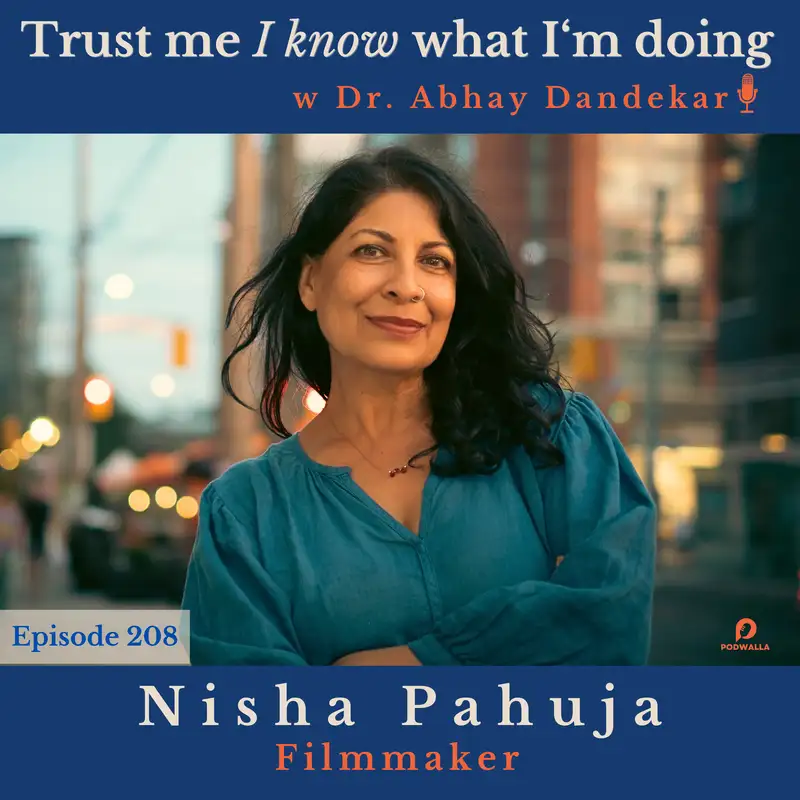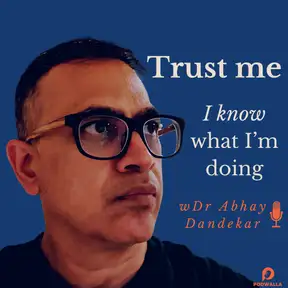Nisha Pahuja...on "To Kill a Tiger" and filmmaking
Download MP3So, I’ve been grateful to share some conversations with some amazing guests, but in the end, it all shines even brighter with you listening and expressing and building community, so thank you so much sharing with your friends and rating and reviewing and following along wherever your catching this right now. It means a lot and I’m quite grateful. So, no matter who we are, trying to capture an event and display it as a story, especially without judgment, is an absolutely fine needle to thread. Because everything for me relates somehow back to 5th grade, it’s like creating a shoebox diorama of a historical scene and determining what you want to display in telling your story, while trying to be thorough and complete and especially thoughtful about the humanity of each person involved. For award winning documentary filmmaker, Nisha Pahuja, threading that needle and executing holistic storytelling has been central to her work. She was born in Delhi and grew up in Canada, and her film career has successfully addressed a variety of themes,with a strong spotlight on human rights issues. In 2015, she won the Amnesty International media award for Canadian journalism after making a short film about the Delhi bus gang rape for Global News. In the years that followed, she’d been exploring issues in India of gender justice and sensitization in the context of violence against women coordinating and working with the SRIJAN Foundation in Jharkhand. Serendipitously, she came into contact with Ranjit, the father of a 13 year old girl Kiran who had been raped in a rural village. The story of Ranjit’s uphill battle to find justice for his daughter and fight both the deep rooted systems of tribal society and the structural pervasive toxic masculinity are the focus of Nisha’s Academy Award nominated film, “To Kill a Tiger”. The film which was many years in the making, is both an incredibly human story and an important call to action everywhere, but especially in India where a rape is reported every 20 minutes and education in all areas is desperately needed. And it’s so compelling for this film to be a vehicle of that education, because for Nisha, her initial vision has thankfully blossomed into a movement built for impact, winning many awards, garnering a lot of attention and backing, and streaming worldwide on Netflix - seriously,I would run not walk to please go and watch this incredibly powerful and moving film. So it was terrific to catch up with Nisha and chat about it all - from the relationships she developed with Ranjit’s family, to thinking about justice and tackling our own histories and creating change. But I started by asking her if she’s recovered from the aftermath of the Oscar experience and if for her it was sort of joyful tornado…

